比尔·盖茨解答技术是否会加剧不平等?
技术是否会加剧不平等?在新形势下,我们应该如何理解创新与慈善?针对这些热点问题,在21日召开的国家卫健委-盖茨基金会结核病防治项目十周年研讨会上,网易研究局采访了比尔及梅琳达·盖茨基金会联席主席比尔·盖茨。

比尔及梅琳达·盖茨基金会联席主席比尔·盖茨
以下为采访实录:
网易研究局:有人认为技术创新会加大世界的不平等,因为高精尖的技术会更多地被发达国家掌握和利用,你赞同这种观点吗?如何让贫穷的国家,比如非洲,平等地享有技术创新带来的好处?
比尔·盖茨:如果你看预期寿命或儿童存活率,这是两个相当有趣的指标。今天,即使在收入很低的贫困国家,儿童存活率和预期寿命也提高了得多。这是天花疫苗、麻疹疫苗、绿色革命中的小麦或水稻种子等带来的结果。很多技术都能够帮助到最贫困的人群,帮助他们的孩子避免被天花、麻疹、腹泻、肺炎或疟疾夺走生命。
向贫穷国家提供的对外援助或慈善捐助,主要是为了帮助最有需要的人群。
如果我们能够研发出艾滋病疫苗或结核病疫苗,就会大幅度促进全球平等,因为这些疾病大多发生在最贫困的人群中。 如果我们能给这些贫困的农民提供种子,使他们不受气候变化的影响,这对全球平等也是一个巨大的促进。盖茨基金会所有工作的核心是通过创新来帮助最贫困的人群。创新可以让世界变得更好。但向贫困国家提供创新方案的过程中,我们需要非常谨慎。这有时需要时间。例如很多癌症治疗都非常昂贵,在贫困国家无法获得。但现在我们能够推广很多治疗高血压的方法,过去治疗高血压的药物很贵,医生和器械费用也很高,但现在已经变得很便宜,我们的合作伙伴甚至能在最贫困的国家推广高血压检测和治疗,挽救了很多人的生命。
如果我们有意识地去推动,就能确保创新是促进平等的。技术最大的不平等是,中等收入和富裕国家的做法造成了气候变化,但绝大部分后果却由贫困国家承担。我们必须解决这个非常棘手的问题,否则创新就会成为增加不平等的例子。
ENGLISH VERSION:
NERB(NetEase Economic Research Bureau)Some aspects of technological innovation will increase global inequality because most technologies are controlled and used by developed countries. Do you agree? And how can low-income countries, especially those in Africa, share benefits of technological innovations?
BILL GATES: Well, if you look at life expectancy or childhood survival, which are two fairly interesting things, today, even at very low levels of income, child survival and life expectancy is much higher even for very poor countries. And that's because of technologies like the smallpox vaccine, the measles vaccine, the Green Revolution seeds for wheat or rice. Many technologies do help the poorest and helps avoid their children dying of smallpox or measles or diarrhea or pneumonia or malaria.
The foreign aid to those poor countries or the philanthropy to those poor countries is specifically aimed at helping those most in need.
If we can get an HIV vaccine or a TB vaccine, it is actually a huge help for global equity as these diseases are mostly amongst the poorest. If we can get seeds to these poor farmers so that they don't suffer from climate change, that's a huge help for global equity. Everything the foundation does is about taking innovation to help the poorest. The world is better off, even because of innovation. We have to be very careful about if we are making innovation available to these poor countries. Sometimes it takes time, for example a lot of these cancer treatments are very expensive and can't be accessed in the poor countries. But there are lots of things like dealing with high blood pressure that now we're rolling out, which was only available because the drugs were expensive and you had to have a doctor and the instruments were expensive. Now, that's gotten so inexpensive that we have a partner rolling that out even in the poorest countries to check blood pressure and help treat your blood pressure, which causes a lot of deaths.
If we're intentional about it, we can make sure innovation is pro-equity. The greatest inequity of technology is that climate change was caused by the middle-income and rich countries, but the suffering, overwhelmingly, is the poor countries. We do have to solve that very, very hard problem, or else it is a case where innovation reduced equity.
相关阅读
-
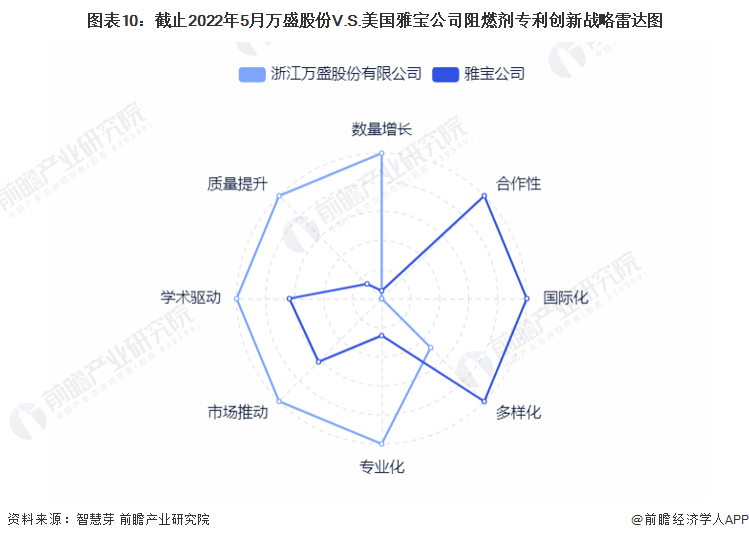
万盛股份VS美国雅宝-阻燃剂专利市场价值对比:美国雅宝公司专利市场价值更高
1、全球阻燃剂市场竞争情况:万盛股份和美国雅宝公司分别为国内外阻燃剂行业龙头全球阻燃剂主要供应商分...
2022-10-17 -
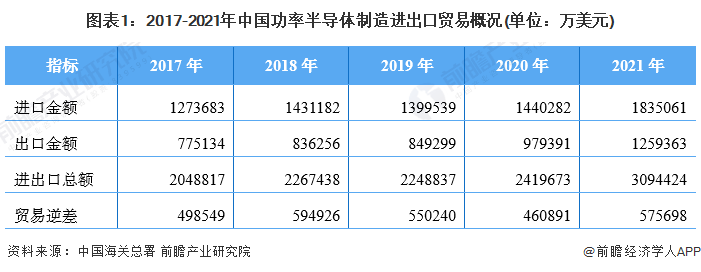
中国功率半导体产品进出口结构相似:“耗散功率≥1瓦的晶体管”进出口份额均接近50%
1、中国功率半导体产业进出口总额持续增长,贸易逆差波动变化近年来,我国功率半导体制造进出口贸易情况...
2022-10-17 -
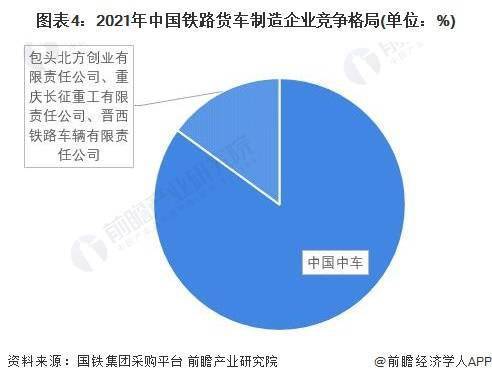
中国铁路机车车辆及动车组制造行业市场份额分析:中国中车占据行业绝对领先地位
1、中国铁路机车车辆及动车组制造行业区域竞争:辽宁省铁路机车产量位居全国榜首2021年1-12月全国前七省...
2022-10-17 -
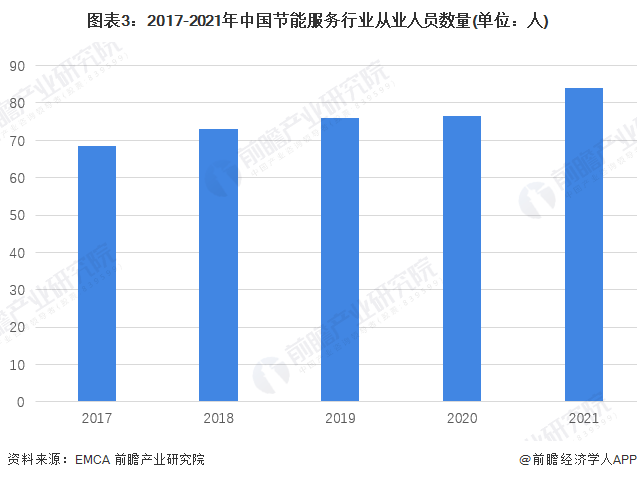
中国节能服务企业数量持续增长 2021年中国节能服务总产值超6000亿元
1、2021年中国节能服务总产值超6000亿元2017-2021年中国节能服务行业总产值持续上升,2021年超过6000亿...
2022-10-17 -
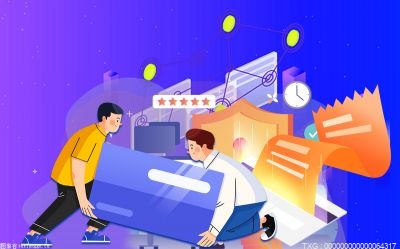
信用卡停息挂账产生的手续费多不多?银行的停息挂账个性化分期方针是怎样的?
信用卡停息挂账产生的手续费信用卡办理停息挂账的手续费会根据银行不同的规定而有所不同,但大部分银行手...
2022-11-10 -
-

苹果怎么没有iphone9 苹果没有iphone9原因
苹果为什么没有iphone9?相信小伙伴们一定很好奇,苹果新品发布会上iPhonex也就是iPhone10,下面小编为大...
2022-11-10 -

收盘:创业板指跌1.76% Web3.0概念火热3热点聚焦
11月10日讯,截至收盘,沪指跌0 39%,报收3036 13点;深成指跌1 33%,报收10908 55点;创业板指跌1...
2022-11-10 -
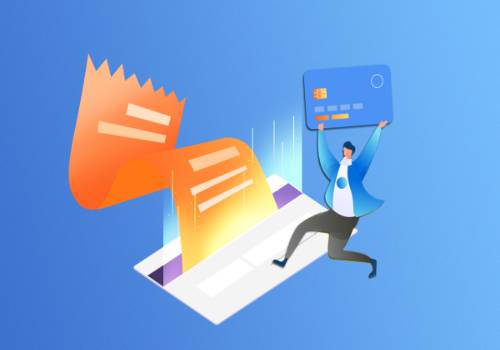
SCSI是什么意思 SCSI的解释2环球今日讯
小型计算机系统接口(英语:SmallComputerSystemInterface;简写:SCSI),一种用于计算机和智能设备之间(...
2022-11-10 -

全球热头条丨2021年1月青岛无锡济南东莞资金总量情况,其中济南排第一
2021年1月青岛无锡济南东莞资金总量(金融存款)情况2020年1月,济南资金总量(金融存款)为21491亿元,...
2022-11-10 -
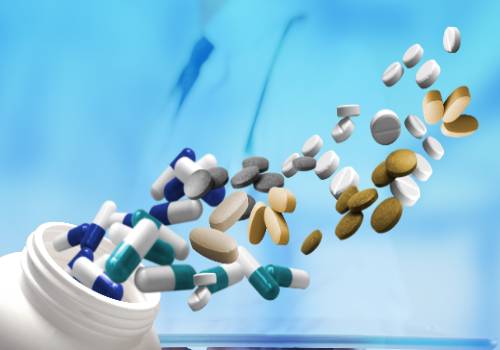
2021年1月18城资金总量情况,其中宁波增长排第三1观热点
2021年1月18城资金总量(金融存款)情况2021年1月,收集18城资金总量收入情况,分享给大家。上海、深圳...
2022-11-10 -

全球热讯:荣耀Magic Vs官宣23日发布 更大更轻续航更长
荣耀官方宣布将于23日发布折叠屏新机荣耀MagicVs,新机主打轻薄和长续航,处理器为新一代骁龙8+,这款机...
2022-11-10 -

iPhone6 Plus什么配置参数?iPhone6 Plus标配有什么?
iPhone6Plus什么配置参数?iPhone6Plus采用5 5英寸LCD屏幕,内置了1920×1080的分辨率,采用了一颗800...
2022-11-10 -

世界互联网大会蓝皮书:2021年中国数字经济规模达45.5万亿元0全球速看
本文转自【新华社】;《世界互联网发展报告2022》和《中国互联网发展报告2022》蓝皮书11月9日在2022年世...
2022-11-10 -

三星 Galaxy A54 5G 国行通过 3C 认证:支持 25W 快充
三星即将推出的GalaxyA545G国行版刚刚获得3C认证,可能会在2023年1月正式发布,比前代机型早两个月。A54...
2022-11-10 -

excel合并单元格快捷键是什么 excel合并单元格快捷键需要用哪些方法设置2当前消息
快捷键的熟练使用可以帮助我们在工作中提高效率,那么excel合并单元格快捷键是什么呢?合并单元格在excel...
2022-11-10 -
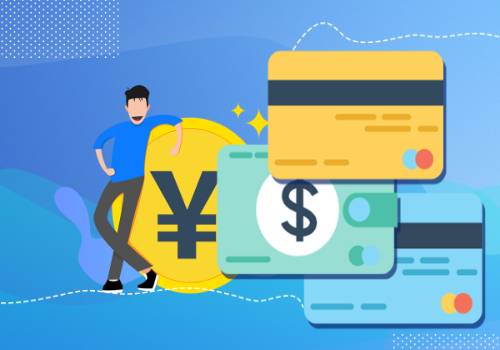
希捷推出《战神 诸神黄昏》联名移动硬盘,可接索尼PS5/PS44环球速讯
希捷发布了一款全新的《战神:诸神黄昏》联名特别版移动硬盘,适用于PlayStation5(PS5)和PlayStation4(PS4)游戏机。
2022-11-10 -
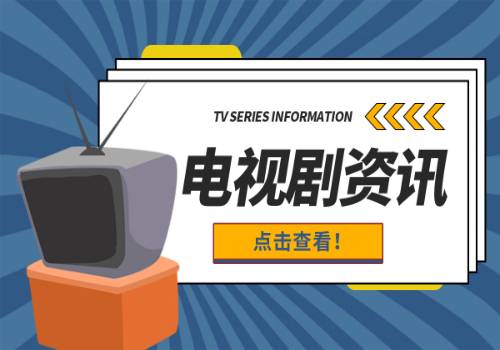
iPhone12和iPhone12Pro区别_iPhone12和iPhone12Prod对比
iPhone12和iPhone12Pro区别:iPhone12系列作为苹果首个5G系列自然是果粉们最为期待的,毕竟这对果粉们来...
2022-11-10

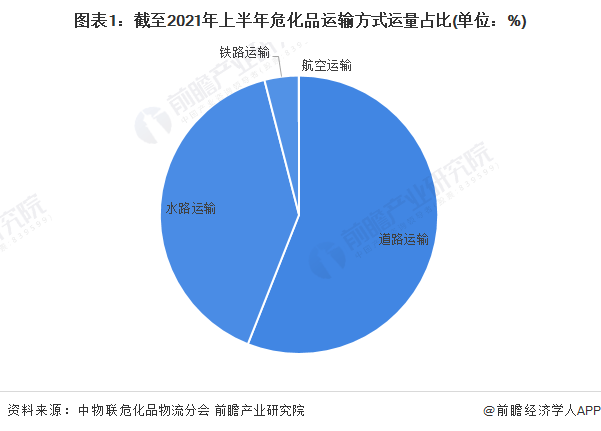
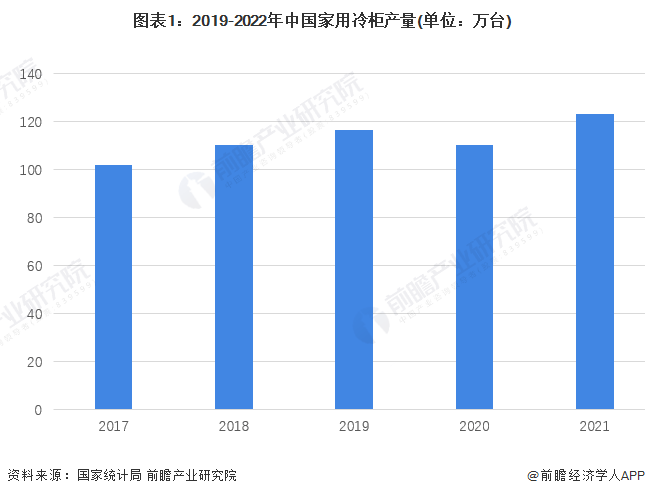


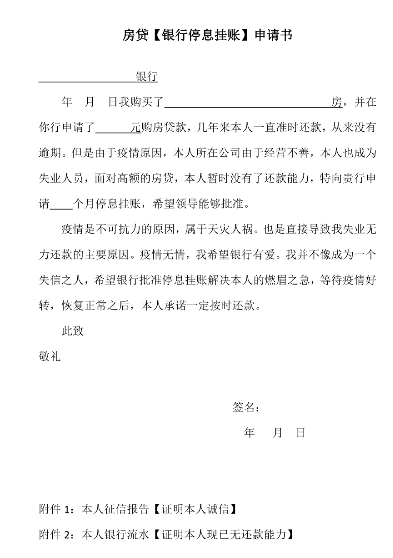

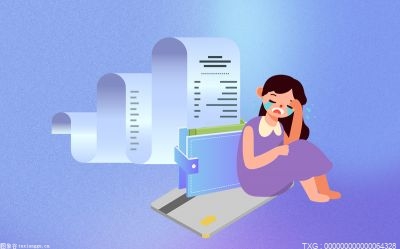

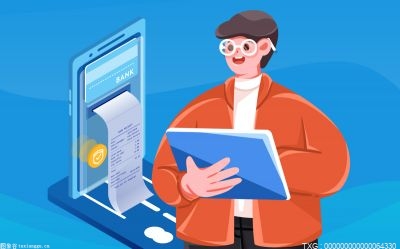

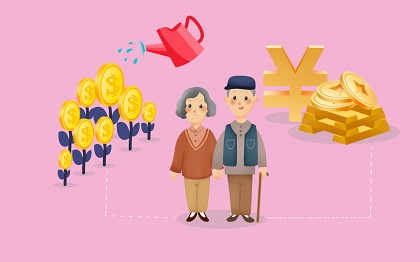


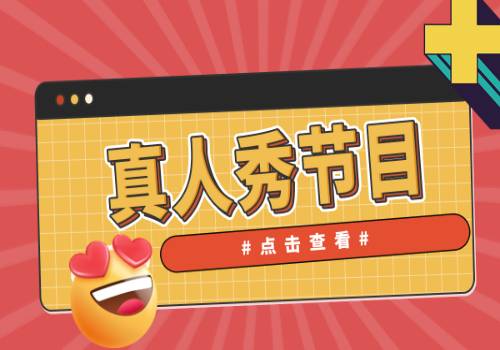



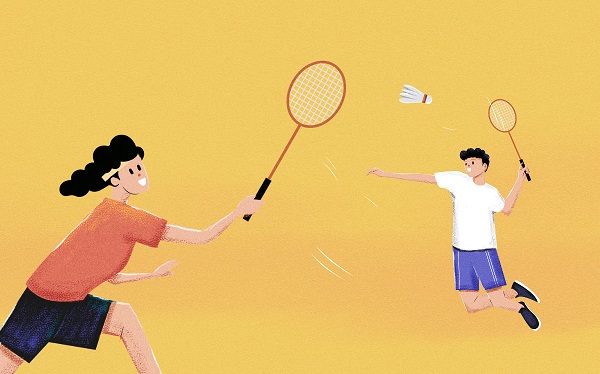
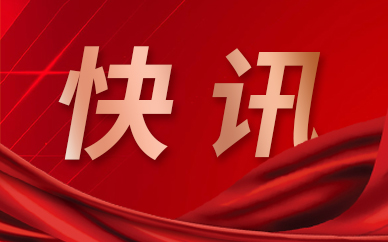


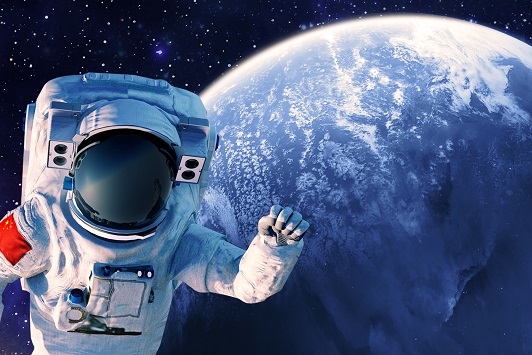
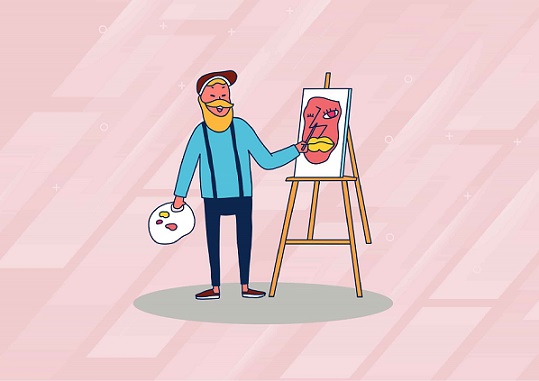


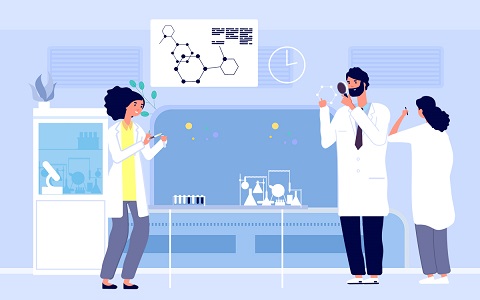

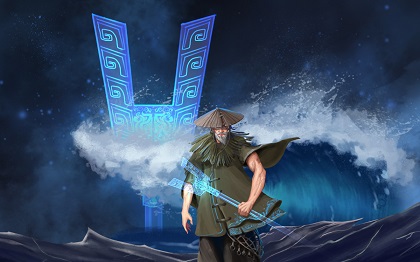

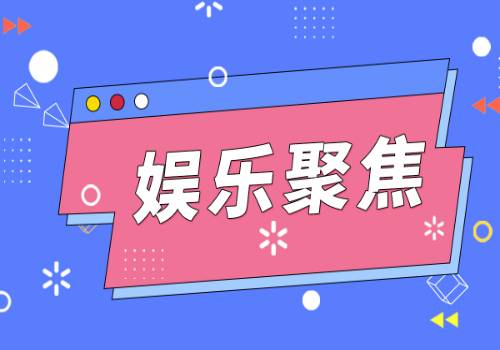
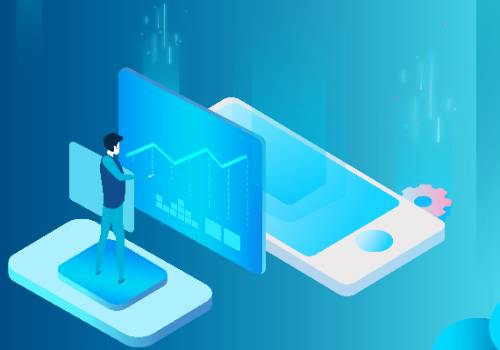



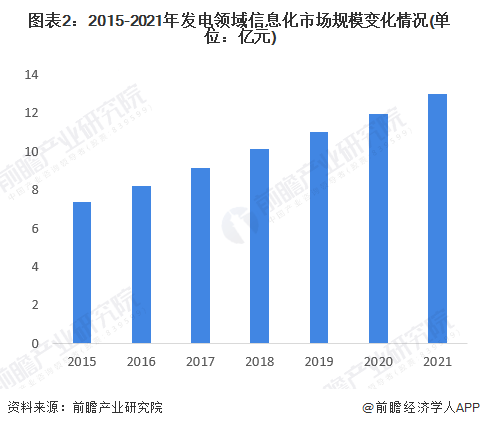


 营业执照公示信息
营业执照公示信息